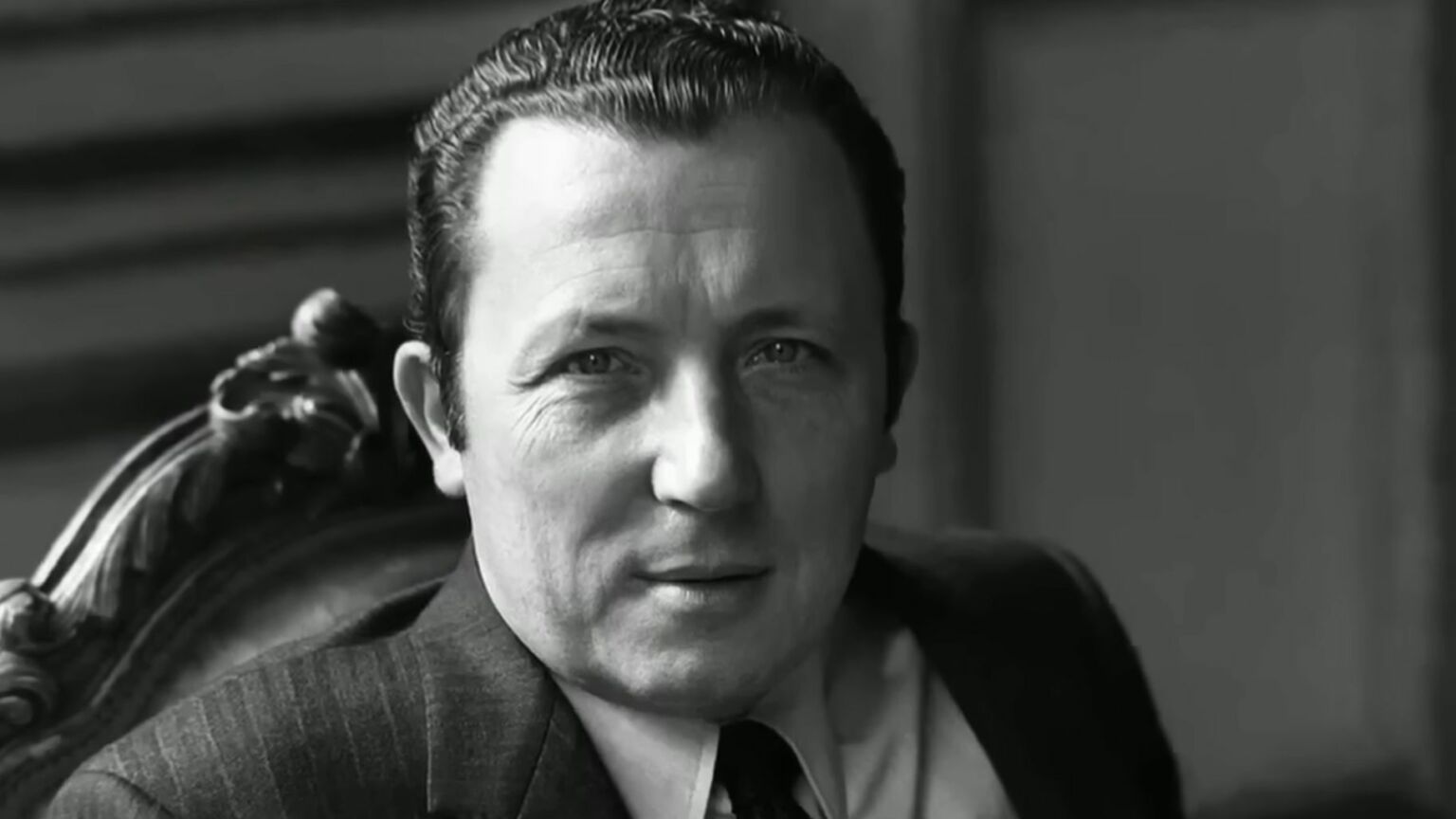Jacques Delors was no ordinary Eurocrat
Unlike today’s Brussels technocrats, Delors had a deep sense of European values.

Jacques Delors, arguably one of the most effective advocates of European federalism, died this week at the age of 98. He had an immense impact on Europe during his three terms as president of the European Commission, from 1985 to 1995. He is credited with the creation of the European Single Market, with laying the foundations for the euro and with the rapid integration of the former German Democratic Republic into the European Community. In the UK, he is perhaps best known as an unwitting godfather of British Euroscepticism, thanks to the row he infamously provoked in the 1980s with then prime minister Margaret Thatcher.
The rift between the formerly Europhile Thatcher and Commission president Delors began with a speech he gave to the 1988 Trades Union Congress (TUC) in Bournemouth, in which he tried to win over the British trade-union movement to the cause of the Single Market. Delors promised that European integration would deliver a ‘Social Europe’, in which Brussels would defend workers’ rights from attack by the UK government. He also promised that the Single Market would not just be the ‘capitalist club’ that sections of the left feared it would be.
For this, Delors received a standing ovation from the delegates. Since then, British unions have tended to be avid supporters of European integration, still buying into the rhetoric about ‘Social Europe’, even as the EU has gone about dismantling workers’ rights.
Thatcher, on the other hand, was furious with the TUC speech. Two weeks later, she delivered a stinging rebuke to Delors in Bruges, in which she bemoaned the threat of a European ‘superstate’.
For a new generation of Eurosceptics, Delors personified the federalist ambitions of the EU. In 1990, British animosity towards Delors was memorably expressed by the Sun with the headline, ‘Up Yours Delors’. This broadside against Delors’ plans for a European Monetary Union captured the popular Eurosceptic mood that would eventually lead to Brexit.
Across Europe, the integration championed by Delors has led to a crushing of democracy in EU member states. Indeed, the process of integration has often been pursued over the heads of European peoples. The populist revolts that have rocked the continent in recent years are a long-overdue corrective to the EU’s indifference to voters.
But whatever else one thinks of Delors’ federalist views, unlike the technocratic-minded Eurocrats who run Brussels today, he at least came across as a man of principle and vision. It is clear that for Delors Europe actually meant something important. Speaking in an interview in 2011, he said that ‘from a purely intellectual point of view, yes, there is still such a thing’ as Europe. He noted that ‘European society has its own values that are deeply rooted in Greek democracy, Roman law, the Judeo-Christian tradition, the Reformation and in France, of course, the Revolution’. What’s more, ‘there is a European way of thinking about things, a way that is linked to this heritage’. He spoke of a ‘Europe of values’, in whose constitution, ‘Catholicism, or rather Christianity more generally, played a major role’.
At the time Delors made these comments, the EU was reluctant to explicitly associate itself with any aspect of European history or thought prior to 1945. ‘Today we have hidden our shared values’, Delors observed. He pointed to the Lisbon Treaty drawn up in 2007, in which ‘several heads of government refused to have [Europe’s] roots alluded to’. ‘This was very sad, because we need to know where we have come from’, he said.
What Delors seemed to grasp back then was that the technocratic imperative of the Brussels bureaucracy had severed all connection to Europe’s cultural and moral heritage. In many ways, the modern EU, with its aversion to democracy and its smothering of national sovereignty, stands in opposition to what were once considered core European values.
It is a pity that Delors was not the head of the European Commission during the negotiations over Brexit. As far back as December 2012, he recognised that Britain might one day decide to leave the EU. For Delors, in such an event it made sense to forge a mutually beneficial economic partnership. ‘If the British cannot support the trend towards more integration in Europe, we can nevertheless remain friends, but on a different basis’, he stated. ‘I could imagine a form such as a European economic area or a free-trade agreement’, he added. In contrast with the Juncker and Von der Leyen Commissions, which tried to use the Brexit negotiations to make an example of Britain, Delors insisted that Britain was ‘strategically and economically important’ and should therefore remain ‘a privileged partner’ to the EU. This showed that despite his zealous promotion of European federalism, Delors also possessed a sense of old-school realpolitik.
For us Eurosceptics, Delors was a formidable opponent. He had a keen sense of Europe’s values and interests, and he clearly grasped the many deficiencies of the modern EU. Perhaps he was even an unwitting ally. Indeed, in his own modest way, his pursuit of a federal Europe helped pave the way for Brexit.
Frank Furedi is the executive director of the think-tank, MCC-Brussels.
Picture by: YouTube.
To enquire about republishing spiked’s content, a right to reply or to request a correction, please contact the managing editor, Viv Regan.









Comments
Want to join the conversation?
Only spiked supporters and patrons, who donate regularly to us, can comment on our articles.